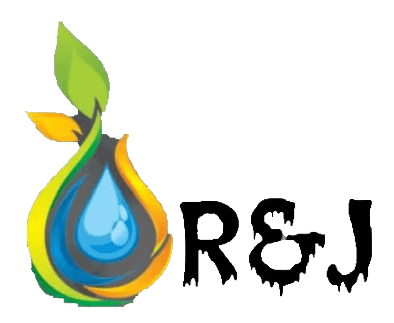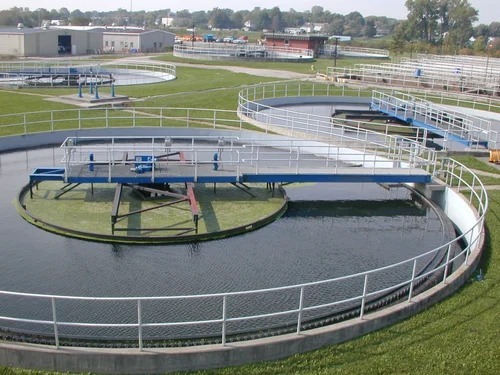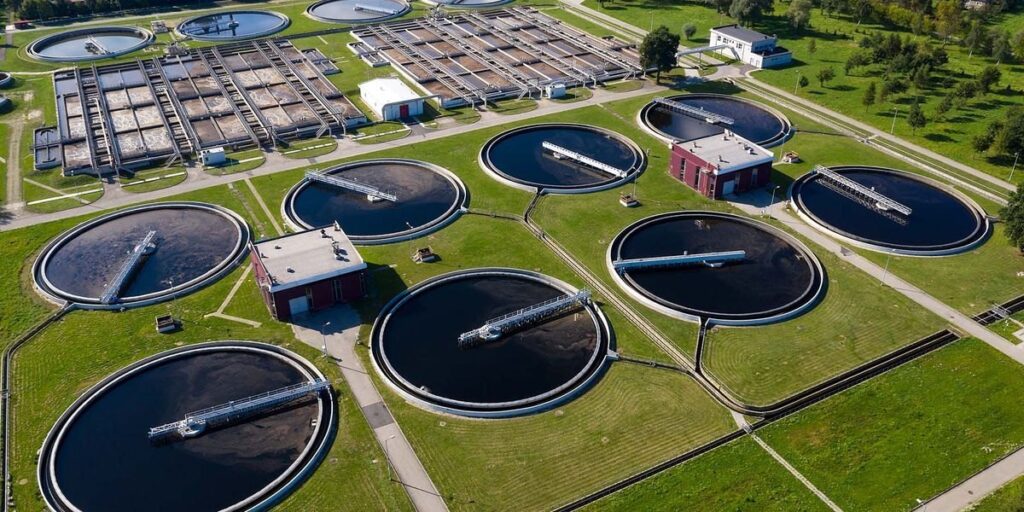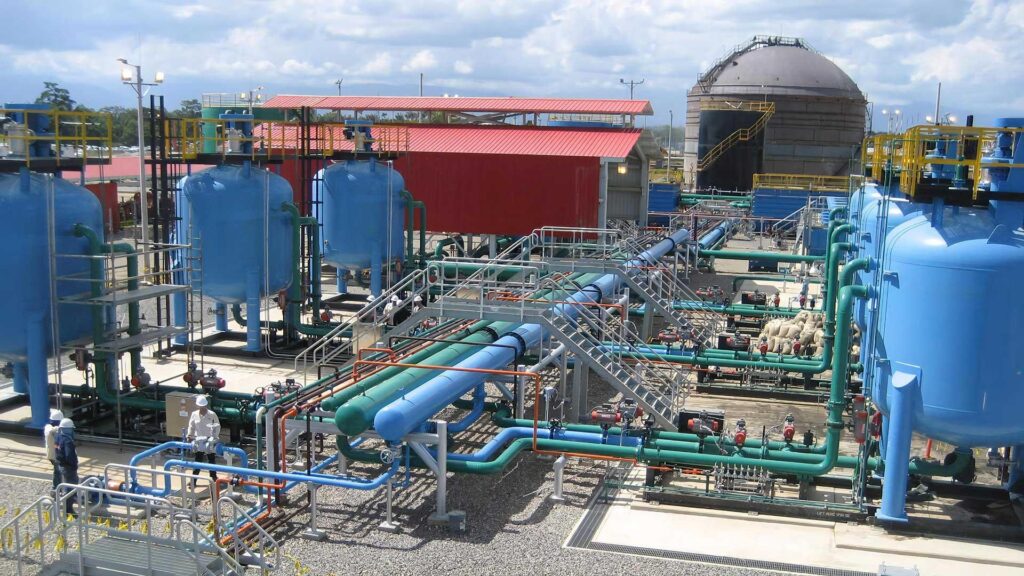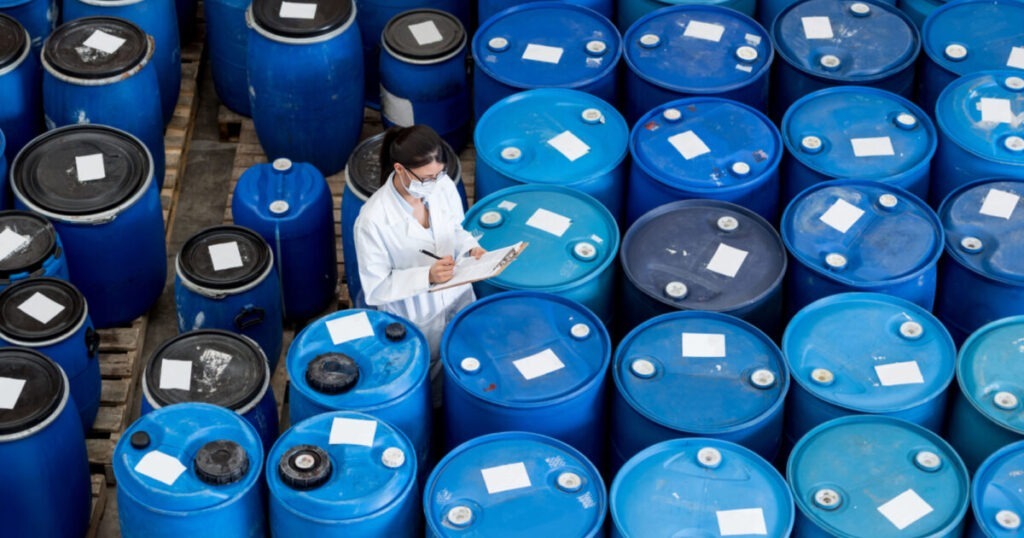Unlocking Water's Potential
Your Trusted Treatment Partner
RJ Waste Water Treatment Organization is a leading manufacturer, supplier and exporter of Water Treatment Systems, Water Treatmnet Chemicals, RO Chemicals, Waste Water Treatment, Sewage Treatment Plant, Sugar Chemicals, Oil Field Chemicals, Agriculture Chemicals, etc. in India
WELCOME TO R&J WASTE WATER TREATMENT ORGANIZATION
Who We Are
WE HAVE 8+ YEARS OF EXPERIENCE
R&J waste water treatment Organization has grown into one of the largest contractor in pan India run by Mr. Veer Singh, CEO a technical expert. We pride ourselves in employing the best and the brightest individuals, utilizing the highest quality materials and the latest construction methods to ensure that our customers receive the level of quality and value that they deserve. Our superior project performance and stability is evidenced by our bond rating, which is one of the best in the industry. The organization managed by group of qualified engineers. We all having very good experience in Designing, Executing work in various field. Water i.e. waste water treatment, sea water desalination, food and beverage, pharmaceuticals, chemical process industries, Shopping malls, oil and gas etc. Our wide range of expertise covers conventional technologies such as microfiltration, reverse osmosis, ultra filtration etc.
- Expertise: Backed by years of industry experience, we bring unparalleled expertise to every project.
- Innovation: We consistently integrate the latest technologies to ensure cutting-edge solutions.
- Customization: Our solutions are tailored to your specific requirements, ensuring optimal results.
- Sustainability: Environmental responsibility is at our core, with solutions that promote eco-friendliness.
- Reliability: Count on us for reliable systems and exceptional service, meeting deadlines with precision.
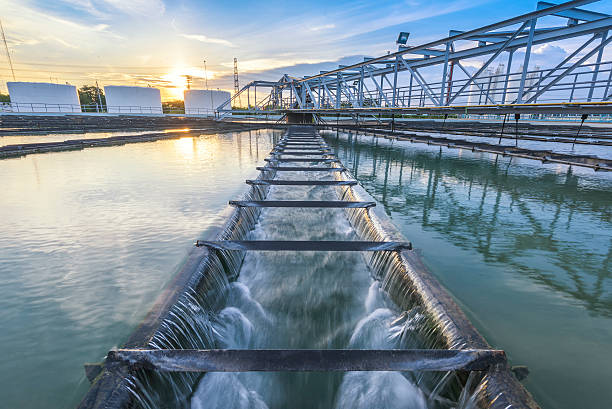
Statistics
Innovating Water: ETP, STP, RO, and More
At ‘Innovating Water,’ we specialize in creating advanced solutions for ETP, STP, RO, and more. Our commitment to pushing boundaries ensures your water treatment needs are met with cutting-edge excellence.

Industries We Served
